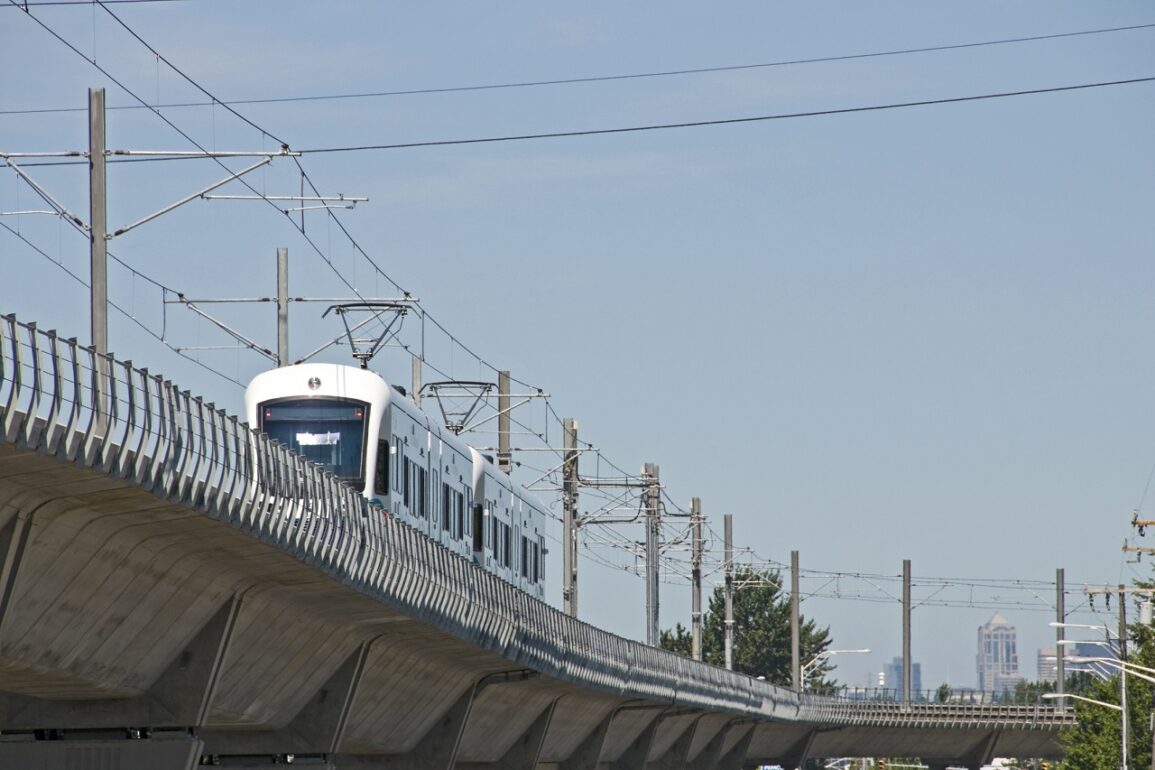The accessibility of public transit has long been a determining factor in where residents and companies choose to settle. While Seattle has had access to the light rail, the Eastside is preparing for the much-anticipated East Link light rail line.
East Link will connect through downtown Seattle to Mercer Island, Bellevue and Redmond, with trains starting to run within the next year. An additional light rail extension will connect Northgate station in Seattle to Lynnwood, with a targeted opening in 2024.
These new extensions are big news for the cities receiving them. The light rail lines are designed to complement existing bus routes, create new transit hubs and remain accessible to all demographics.
This last piece can be somewhat tricky, as light rail lines are a double-edged sword. On one hand, they attract new commercial investment, housing developments, businesses and other amenities to their vicinity. While this is excellent for developing infrastructure, increasing property values and attracting large employers to an area, it can also create issues with affordability. That’s why continued affordable housing development in these areas is critical, especially on the Eastside, where prices are already high.
East Link’s development has been carefully plotted out for years. The light rail line will be accompanied by new multimodal transit options like bus rapid transit on I-405, the Mountains to Sound Greenway Trail and Eastrail bike and pedestrian trail.
For many employers, robust transit like a light rail system is a prerequisite for considering a city as a new hub. Meta has indicated that Bellevue’s Spring District was highly appealing to it because of the wide array of transportation options, proximity to entertainment and lifestyle amenities for employees, and new housing developments in the area.
At the moment, the Redmond Technology Station will be the terminus of East Link, until eventually it extends to Marymoor Park and downtown Redmond, targeted for 2024. Future plans may incorporate spurs into South Kirkland and Issaquah.
Some of those plans may be quite a ways off, but within the next year Bellevue and Redmond can expect to see happier commuters and continued development across both employment and housing sectors.
This article was originally posted on 425Business.



